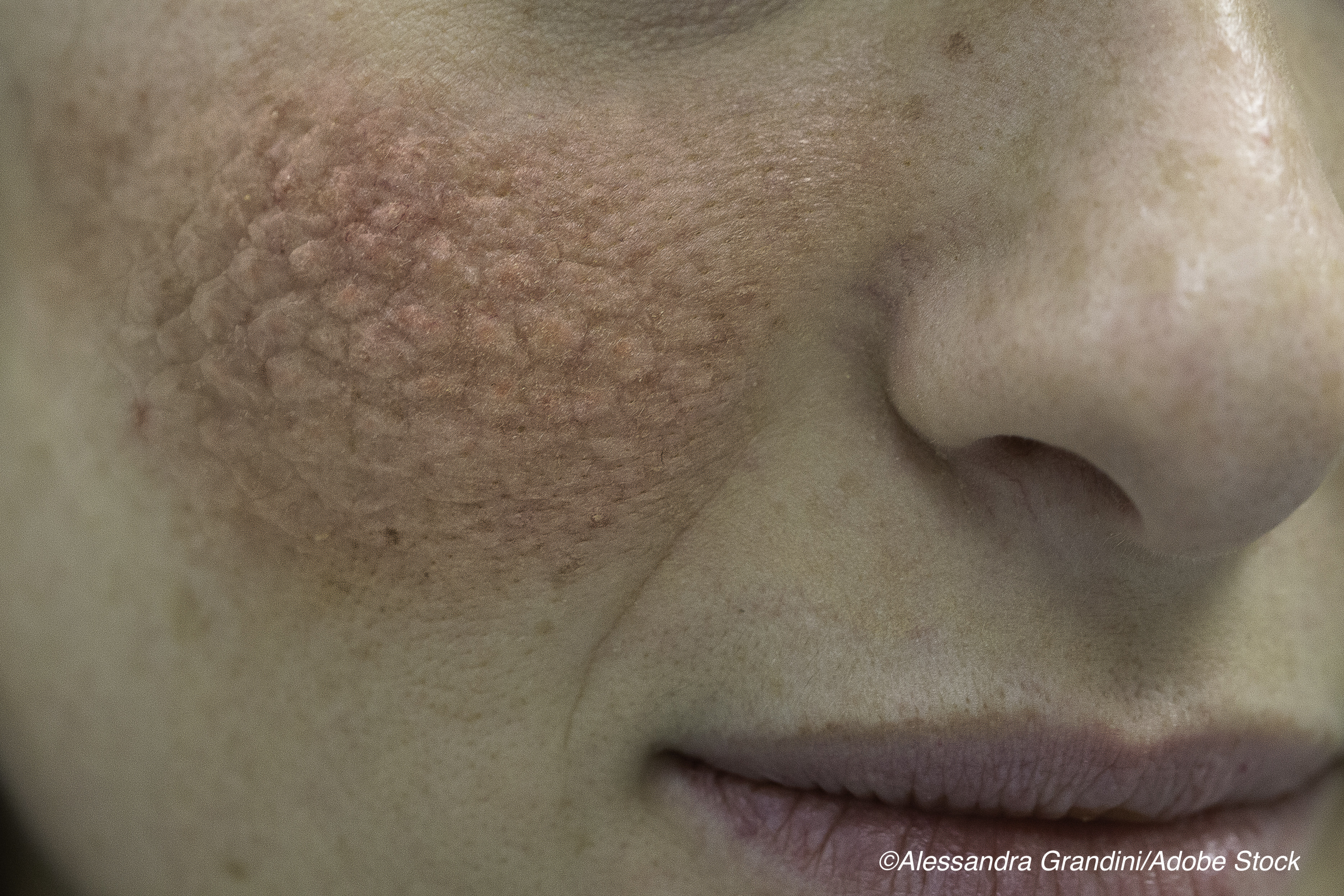The FDA approved anifrolumab-fnia, a type 1 interferon (IFN) receptor antagonist, to treat adult patients with moderate to severe systemic lupus erythematosus (SLE) who are currently receiving standard therapy.
The approval for this intravenous therapy marks not only the first regulatory approval for a type 1 IFN receptor agonist, but also the first expansion to the SLE treatment armamentarium in over 10 years, the drug’s manufacturer, AstraZeneca, wrote in a company press release.
The Lupus Foundation of America (LFA) applauded the FDA decision. In a statement, George Tsokos, MD, of Harvard Medical School and Beth Israel Deaconess Medical Center, and member of the LFA’s Medical-Scientific Advisory Council, noted that “We have known since the 1970’s that interferons were involved with lupus. With the approval of [anifrolumab-fnia], we now have one more drug that allows us to translate valuable research knowledge into clinical practice with multiple benefits for our patients with lupus.”
This FDA approval was based on findings from three trials, two TULIP phase III trials (TULIP-1 and TULIP-2) and the MUSE phase II trial, according to the drug’s manufacturer.
“TULIP-2 demonstrated superiority across multiple efficacy endpoints versus placebo with both arms receiving standard therapy,” the company explained. “In the trial, 362 eligible patients were randomized (1:1) and received a fixed-dose intravenous infusion of 300mg [anifrolumab-fnia] or placebo every four weeks. TULIP-2 assessed the effect of [anifrolumab-fnia] in reducing disease activity as measured by the BILAG-Based Composite Lupus Assessment (BICLA) scale. In TULIP-1, 457 eligible patients were randomized (1:2:2) and received a fixed-dose intravenous infusion of 150mg [anifrolumab-fnia], 300mg [anifrolumab-fnia], or placebo every four weeks, in addition to standard therapy… The MUSE Phase II trial evaluated the efficacy and safety of two doses of [anifrolumab-fnia] versus placebo. In MUSE, 305 adults were randomized and received a fixed-dose intravenous infusion of 300mg [anifrolumab-fnia], 1,000mg [anifrolumab-fnia], or placebo every four weeks, in addition to standard therapy, for 48 weeks.”
The manufacturer noted that, in all three trials, more patients treated with anifrolumab-fnia experienced reduction in overall disease activity and reduction in oral corticosteroid use compared to placebo—however, the company added, the TULIP-1 trial did not meet its primary endpoint based on the SLE Responder Index 4 (SRI4) composite measure.
The prescribing information for anifrolumab-fnia includes warnings for increased risk of serious infections—particularly respiratory infections and herpes zoster—hypersensitivity reactions, and malignancies in patients taking the drug. Patients on the drug should also avoid immunization with live or live-attenuated vaccines.
The most common adverse drug reactions included nasopharyngitis, upper respiratory tract infections, bronchitis, infusion-related reactions, herpes zoster, and cough.
John McKenna, Associate Editor, BreakingMED™
Cat ID: 67
Topic ID: 90,67,730,192,725,67,925



